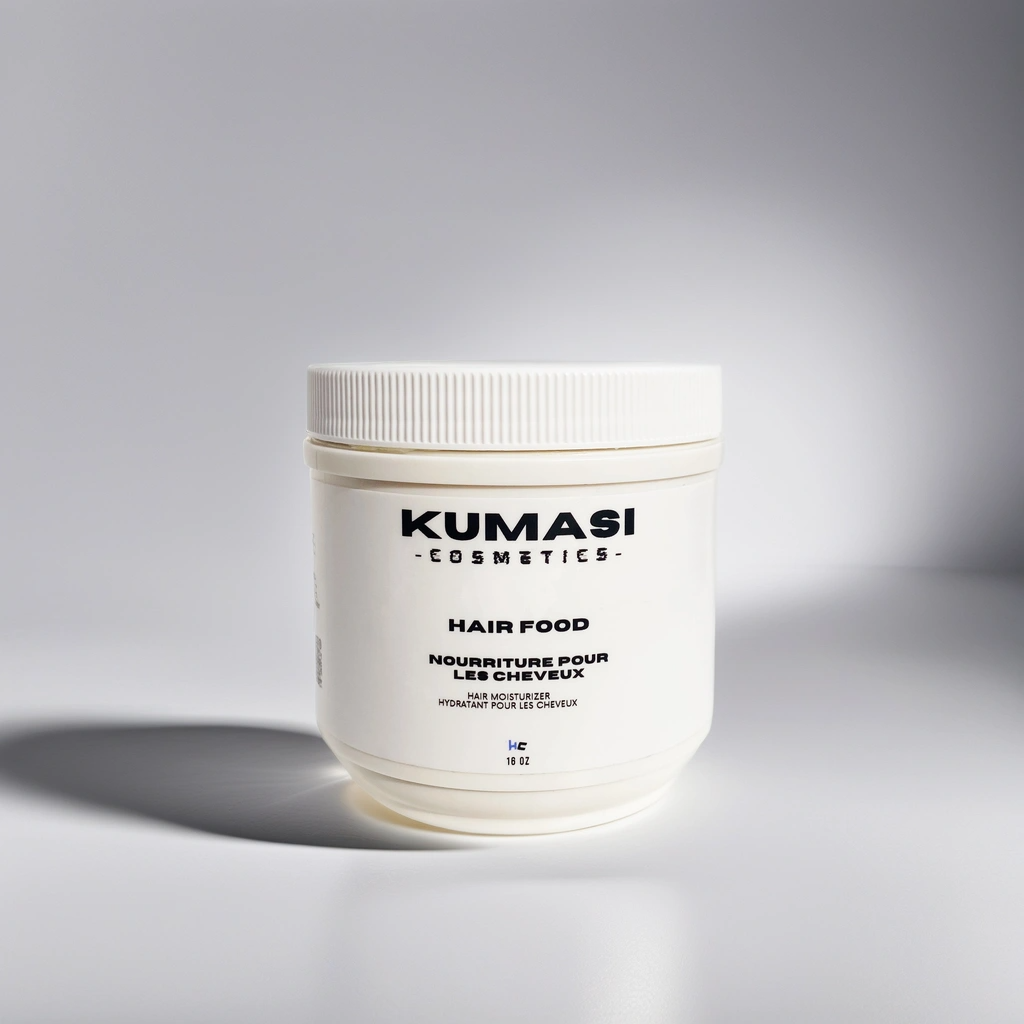
Healthy hair is not just about the products you apply; it's also about the nutrients you feed your hair, both internally and externally. Let's delve into the world of hair food to understand its vital role in maintaining lustrous, healthy locks.
Understanding Hair Food
What is Hair Food?
Hair food refers to the nutrients and products specifically designed to nourish hair. It includes everything from the vitamins and minerals we consume to the specialized hair care products we apply. These elements work together to enhance hair health, promoting growth, strength, and vitality.
The Science Behind Hair Food and Hair Health
Healthy hair growth depends on a well-nourished scalp and hair follicles. Vitamins, minerals, and other essential nutrients support the hair growth cycle, repair damage, and maintain scalp health. A deficiency in these nutrients can lead to hair problems like dullness, breakage, and slowed growth.
Essential Nutrients for Healthy Hair
Vital Vitamins for Hair Vitality
Vitamins A, B (particularly biotin), C, D, and E play crucial roles in hair health. They contribute to sebum production, cell growth, collagen synthesis, and blood circulation to the scalp, among other functions.
Minerals Matter: Key Minerals for Hair Strength
Iron, zinc, and selenium are vital for hair strength and growth. Iron helps red blood cells carry oxygen to hair follicles, zinc aids in hair tissue growth and repair, and selenium helps prevent hair loss.
Proteins and Fats: Building Blocks for Hair
Proteins and healthy fats are essential for hair strength and growth. Keratin, a protein, is a primary component of hair, while fats like omega-3 fatty acids nourish the hair follicles and scalp.
Hair Food Products and Their Benefits
Topical Treatments: Nourishing Your Hair Externally
Hair food products like oils, masks, and serums add direct nourishment to your hair. They can combat dryness, add shine, and provide essential nutrients directly to the scalp and hair.
DIY Hair Food Recipes
You can create effective hair masks at home using ingredients like avocado, honey, and coconut oil. These natural remedies can deeply condition and revitalize your hair.
Hair Food for Different Hair Types
Choosing the right hair food is crucial. For example, lightweight oils are better for fine or oily hair, while thicker oils and deep conditioners suit dry or coarse hair.

Incorporating Hair Food into Your Routine
Dietary Changes for Healthier Hair
Incorporating hair-friendly foods into your diet, such as leafy greens, nuts, and eggs, can significantly impact your hair health.
Routine Matters: Applying Hair Food Effectively
Consistency and proper application are key. Regularly using hair food products and maintaining a balanced diet can yield visible improvements in hair health.
Common Myths and Misconceptions
Debunking Hair Food Myths
It's important to separate fact from fiction. For instance, while biotin is beneficial, excessively high doses won't necessarily lead to miraculous hair growth and can cause side effects.

Beyond Hair Food: Comprehensive Hair Care
General hair care tips like avoiding excessive heat styling, reducing stress, and not over-oiling your hair are crucial for maintaining healthy hair.
Professional Advice: When to See a Trichologist
If you're experiencing significant hair issues, a consultation with a trichologist or dermatologist is advisable.
In conclusion, understanding and utilizing hair food effectively is essential for maintaining healthy hair. By focusing on both internal nutrition and external products, you can ensure your hair receives the care and nourishment it needs.
We'd love to hear your experiences and tips about hair food! Share your thoughts in the comments below and subscribe for more insights into hair care.



